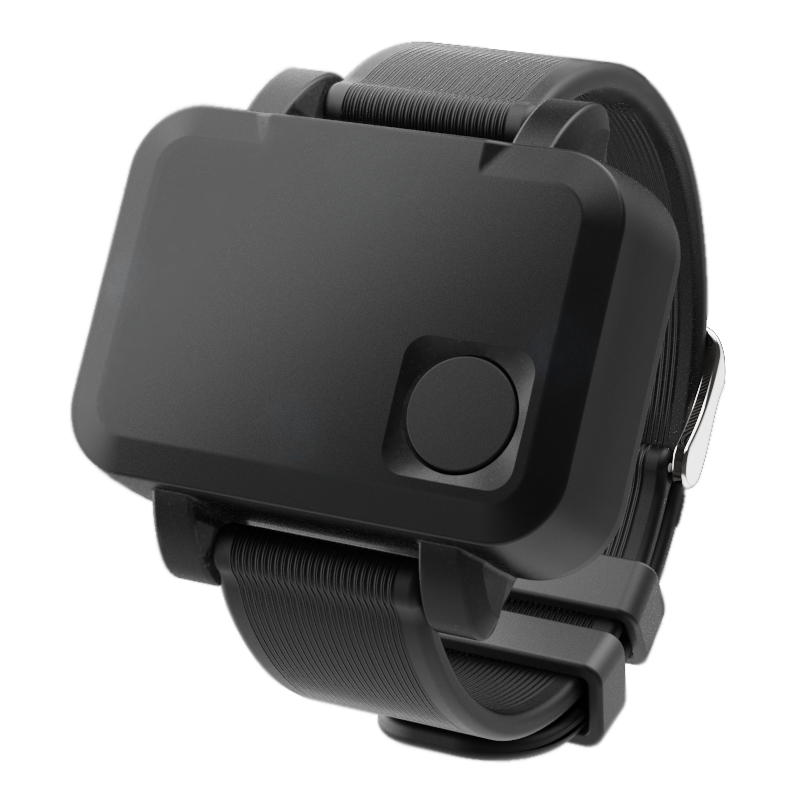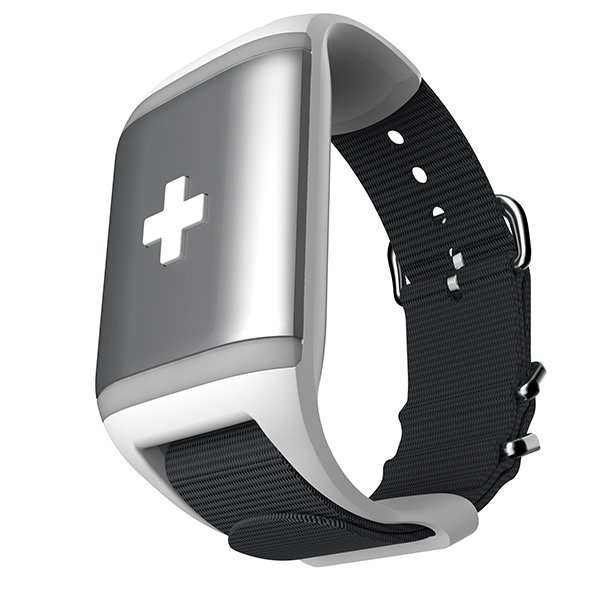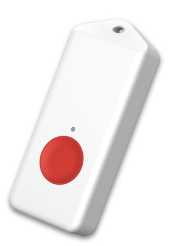Research has shown that people with dementia tend to have fewer social interactions, both face-to-face and technology-assisted, than older adults without dementia. Furthermore, their social engagement tends to decrease after their diagnosis. In addition to its negative impact on quality of life, decline in social interaction is associated with faster cognitive deterioration.
While staff at senior living facilities encourage social interaction amongst residents, the number of residents in their care may make it difficult to understand how a particular resident’s social interaction is changing over time. This is particularly challenging given the long time horizon over which changes may occur. Because engagement is so difficult to measure, it may also be difficult to determine if a new therapy is contributing positively or negatively to the person’s social interaction.
CareBand is a wearable device that may be useful in monitoring social interactions between residents of senior living facilities. The devices use an advanced machine learning algorithm to detect proximity to one another; they can keep track how long wearers are interacting and automatically upload these anonymized interaction records to the CareBand cloud using a state of the art communication technology called LoRa. System administrators can then view a resident’s historical trends for interactions with staff and other residents as an objective measure of change in engagement over time. With the use of beacons that monitor indoor location, staff can also develop and understanding of where interactions are occurring in order to help foster situations that promote engagement.





